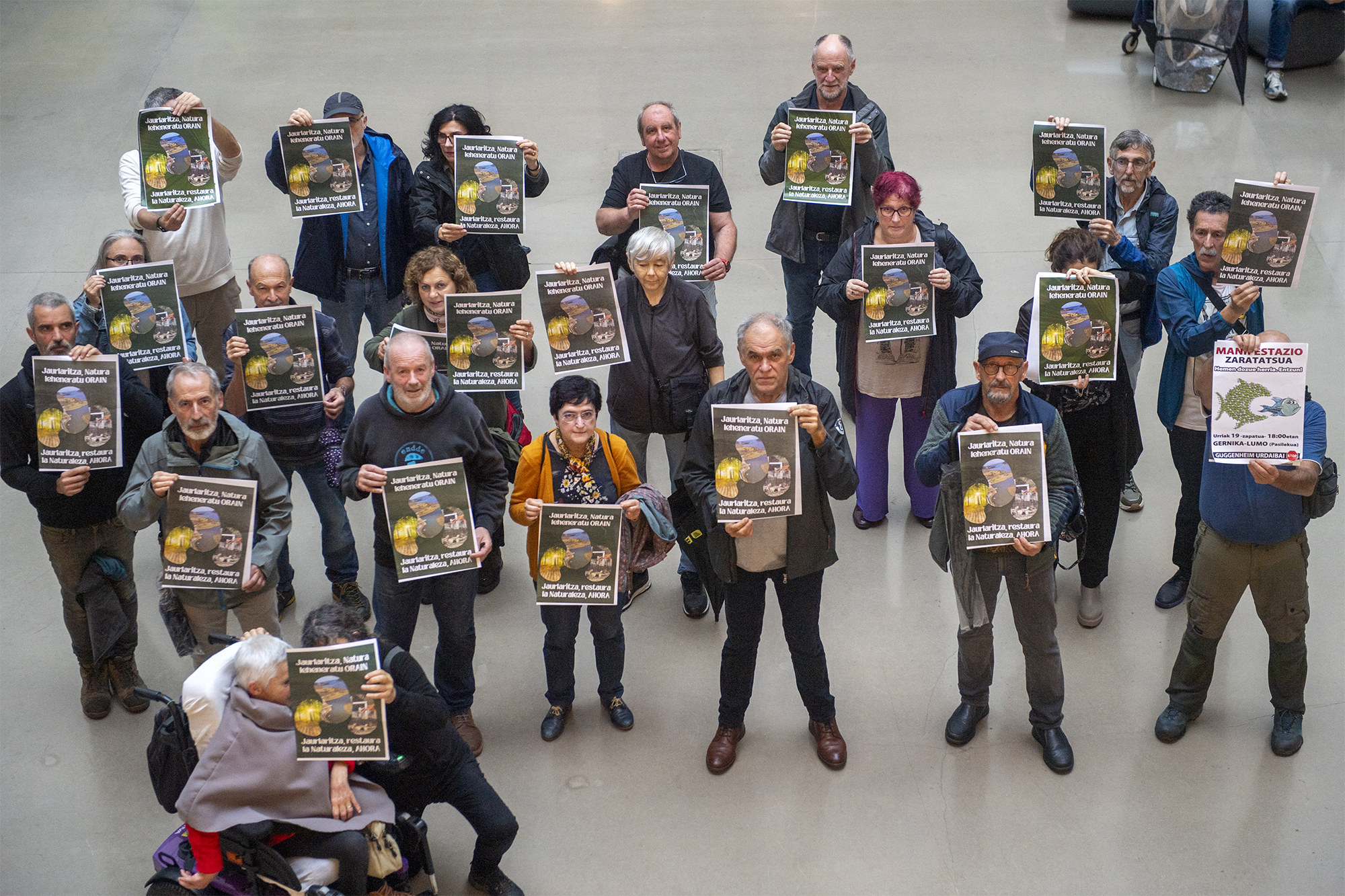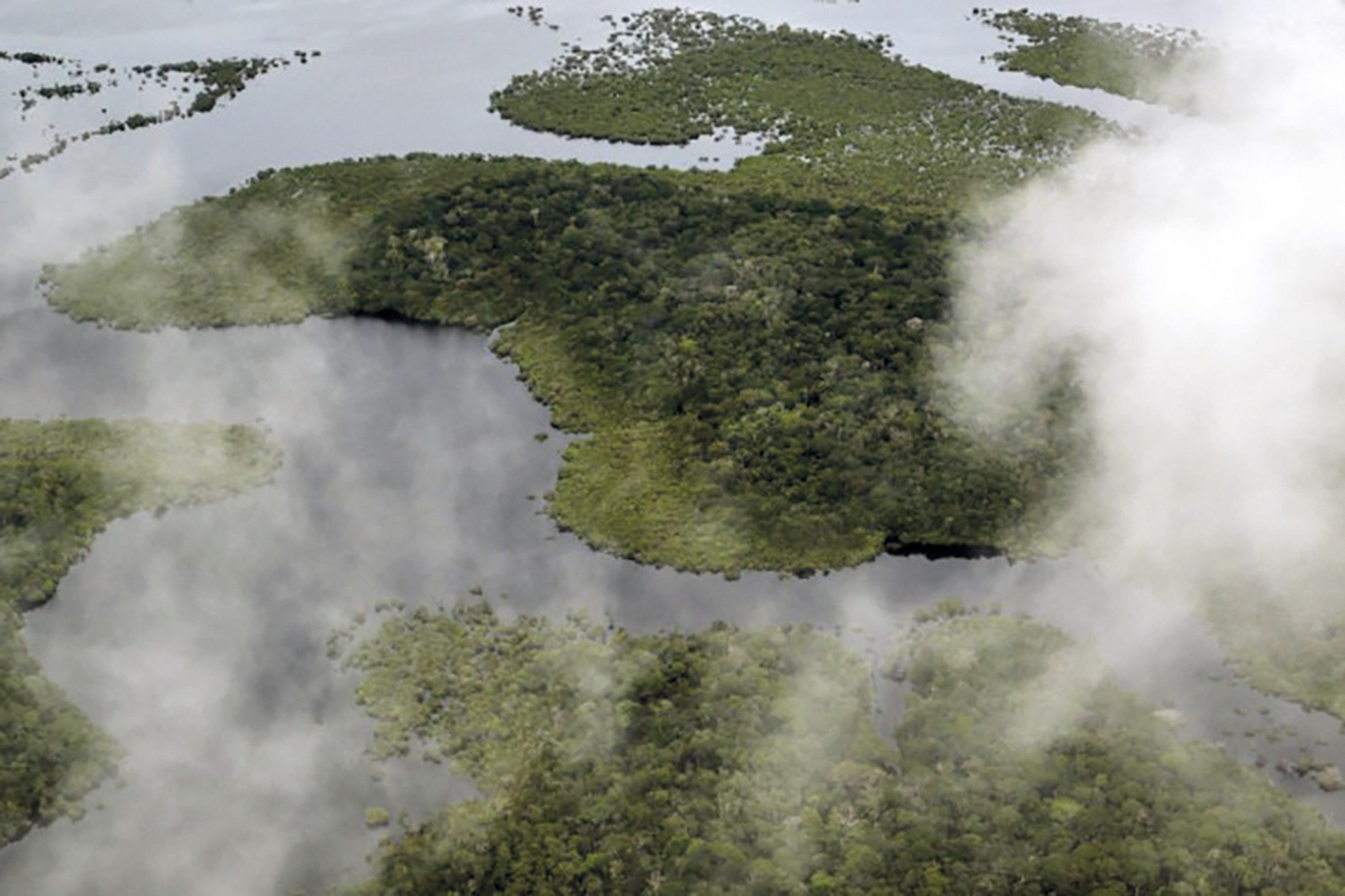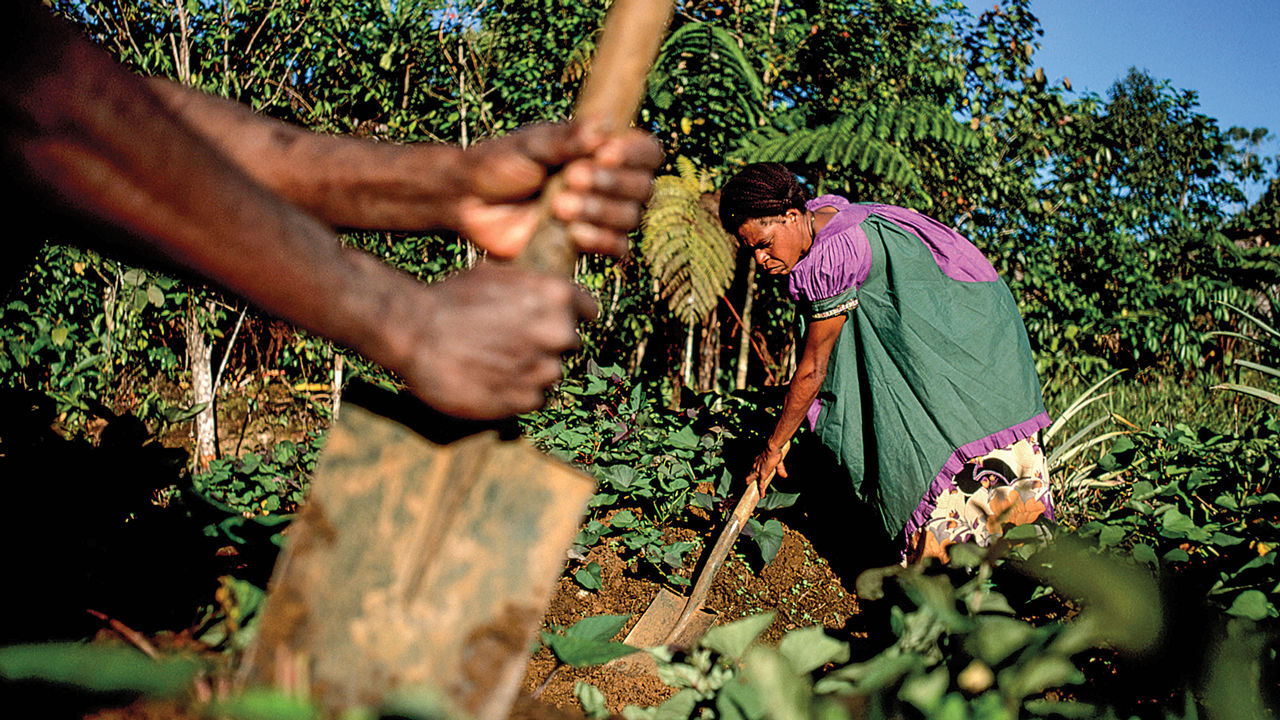Public forest management at risk
- Fewer and fewer workers are working, the number of officials is decreasing... Workers’ representatives and environmental care associations see it clear that the management of public forests is at risk. The sale of firewood on the roads occupied by the ONF gradually overlaps the public service missions.

It is the continuation of a long tradition of the French State, which some agents have quietly denounced by numerous senior officials and officials, and which they see in jeopardy. The management of public forests has been carried out by the Public Forestry Society ONF since 1965, after having been inherited by other entities called before. In recent months, several environmental defense associations and ONF workers' unions have also denounced the management privatization strike. There were 19 officials in the Sohüta office in 2002, currently ten. At the state level, 60% of employees are civil servants and the remainder are private, while since last year no new officials have been admitted.
Snupfen Solidaires, Ramuntxo Teletxea, chief trade union department spokesman summarizes the situation: “The ONF fully supports the neoliberal movement in recent decades.” It is the same thing that happens in health or in teaching in their own prayers, “Neoliberalism is that: A really fast state, which treats everything, reducing the number of officials and putting people in competition at all levels, causing the precariousness of the trade.”
Public forestry service
The management of public forests is in the hands of the ONF, whether it be state forests, towns, or as in Zuberoa, inter-village institutions, as is the case with the Zuberoa Symptom. The entity manages 27% of the forests throughout France. It has three main missions to accomplish historically: the sale of wood, the conservation of biodiversity and the assurance of public information.
In the department, if the wood production is “large” according to Teletxea: 110,000 cubic meters per year. The representative of the union gives a hint, within the missions that ONF has, to give an understanding of the public service that certifies: “There is an antinomy between production and the protection of biodiversity, but we are there to manage that paradox.” Although it does not mention the privatisation of the forest, it sees that biodiversity conservation has been hampered: “The fact that fewer and fewer workers are working in such a broad field makes it difficult for all work to continue well.”
Where each official has different forests in his or her custody, managed in cooperation with villages or public institutions. Forest management depends on sustainable plans like the tree that is sold, which mark for the buyer to know what to cut. Officials ensure control after the court. “Here is the bear, the great tetra and all the fauna and the micro fauna are present in the way of working and managing the jungle,” says Teletxea.
Road to privatization
The union spokesman believes that the orientation received by the ONF since 2002, through the various reforms, “is based on quantities” and “this automatically drives the orientation to the production and industrialization of the forest. Guidance is proportionate.” The consequences of this new orientation are not seen in Teletxea's reports, as the jungle times are long. What is now being done will have consequences in 30 or 40 years. But it is clear that the damage will be: “Neoliberalism is a short-term logic and very harmful to the environment.”
For a long time, ONF has collaborated with the different towns and public entities that own the public forests: it advises them how to manage the forest and, once the advances have been accepted, it carries out different works. “If there is a lot of trust,” in the words of the workers. But this type of management costs EUR 200 million in France, as the costs of overall forest management are higher than the benefits of selling wood.
The State’s economic participation, “compensation”, has been reduced. In addition, a village with public forests must pay a new gravel to cover ONF expenditure: EUR 2 per hectare per year. Teleworking: “Some villages are tired of paying, others are faster and prefer to retain them as managers of their rainforest. But at the level of France, some villages have asked to open up their forest management to private companies,” Teletxea complained.
So far the State only recognises the ONF for the management of public forests, but the various environmental monitoring organizations suspect that this can change. During a demonstration in defence of the ONF in the city of Saint-Bonnet-Tronçais, the manifesto signed by twenty organizations stated: “The routes of privatisation and industrialisation adopted by the ONF should be rethought taking into account what is at stake for today’s society in the jungle (climate, biodiversity, employment and economy).”
On 9 June, the Deputy General of the Provincial Council of Gipuzkoa, Markel Olano, and the Deputy for Economic Promotion, Tourism and the Rural Environment, Jabier Larrañaga, appeared in Donostia to present the Basotik Foundation. The director general of Montes y Medio Natural,... [+]
Would anyone say that the Amazon rainforest is an abandoned forest? Or that the protected areas of Costa Rica and Borneo are abandoned? Have we declared natural parks because Pagoeta and Aiako Harria are abandoned forests? In all these areas is the natural forest or the natural... [+]




















